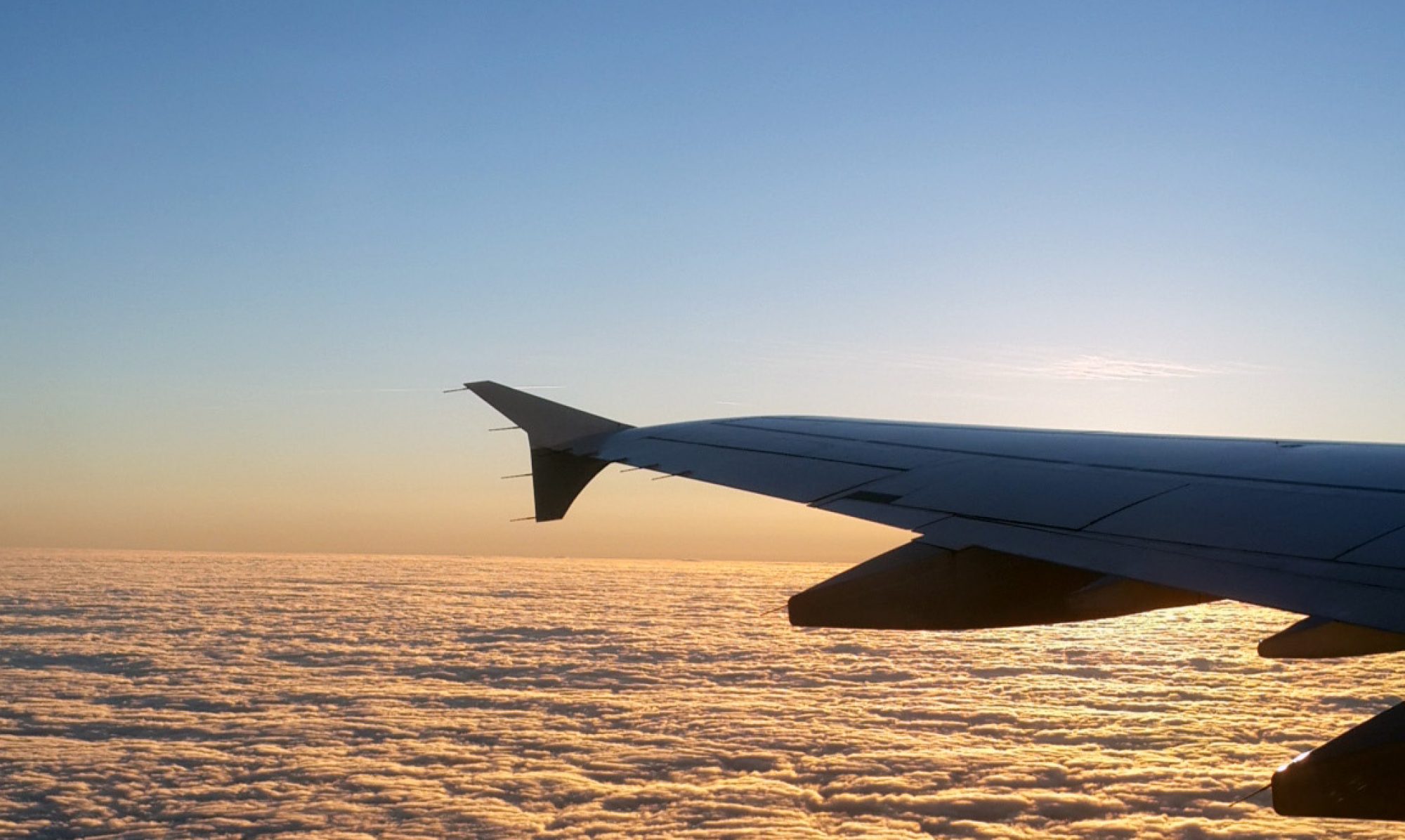August 2015 | Dios Kurniawan
The newly appointed Minister of Maritime, Mr Rizal Ramli, recently made the headlines by publicly insisting the national flag-carrier airline Garuda to cancel the order of 30 new Airbus A350 wide-body aircrafts on the basis of “the aircraft is only good for Europe and US routes”, and “those routes are unprofitable business, Garuda should concentrate on domestic market instead”. We will see how false these statements are.
 Boeing 787 (above) and Airbus A350 (below). Photo: flightglobal.com
Boeing 787 (above) and Airbus A350 (below). Photo: flightglobal.com
To begin with, medium-sized wide-body aircrafts such as A350 and its main competitor Boeing 787 are not necessarily used for long-haul flights. Many airlines use wide-bodies to fly short-to-medium regional sectors, typically flights under 6 hours. Japan Airlines, All Nippon Airlines and Air India fly Boeing 787 for their domestic routes. Thai Airways and Qatar Airways fly 787 for regional flights as short as Bangkok-Kuala Lumpur and Doha-Abu Dhabi. Moreover, some airlines, for example Singapore Airlines and Emirates, exclusively operate wide-body aircrafts.
Modern wide-bodies are preferred because they can carry 200-500 passengers and tons of cargo in one go with superb efficiency. They are also valuable assets for serving busy airports with limited available flight slots.
Wide-body aircrafts are the workhorse of all major airlines, and Garuda as part of its expansion plan should have enough of them in its fleet. Medium-sized 200-300 seater Airbus A350 or Boeing 787 fits nicely into routes not sizeable enough to warrant the operation of larger aircraft such as Boeing 777-300ER. Garuda can make use of A350 (or 787) to serve Japan, China, Korea, Australia and emerging markets in the future.
Next comes the waiting list problem. All major airlines in the world are lining up to get new jets to replace their old ones and to expand their networks. The problem is: there are only two wide-body aircraft manufacturers in the world today; Airbus and Boeing. In the last several years, they have already been swamped with orders from airlines, fueled by growing demand of the world’s air travel which has yet to show sign of a downturn. Current backlog orders at Airbus and Boeing have reached record-high with more than 10,000 planes on order. That is a huge task for Airbus and Boeing to fulfill.
 Boeing factory. (photo: boeing.com)
Boeing factory. (photo: boeing.com)
Despite continuing attempts to boost production capacity, Airbus and Boeing can only produce around 1,000 jets each year. That means if you place an order today, the planes will be delivered to you 5-10 years from now. A very long time for most customers to wait, which could mean lost opportunities.
One cannot expect to buy a plane now and have it delivered next week. For airlines, purchasing aircrafts requires proper long-term planning.
The statement “long-haul market is unprofitable” may be true for Garuda at this moment, however the demand for long-haul travel remains stable at around 5% annual growth (source: Boeing Market Outlook 2015). Garuda needs to gradually penetrate the global market, stealing market share currently enjoyed by Emirates, Singapore Airlines and others.
Also, Garuda needs to grab the increasing inbound tourists and business travelers from Asia, Australia, Europe, Middle East and even the US. Last year saw a healthy growth of 7% per year in foreign tourist traffic. To accommodate the anticipated growth, Garuda will require to expand its fleet of wide-body aircrafts, and as well to replace its ageing 1990-era A330 and B747-400 aircrafts.
At the present, Boeing 787 and Airbus A350 are the most viable choices as they offer the right seat capacity, range and operating costs.
Looking at this, either to go with Airbus or Boeing, Garuda’s decision to place order for wide-body aircrafts today is the right one. Garuda needs to stay competitive by expanding its fleet with fuel-efficient aircrafts, both narrow-body and wide-body. If Garuda does not plan to acquire new wide-body jets now, Garuda will be left with not enough wide-bodies in its fleet in the next 5 years as its older aircrafts must leave the fleet for retirement.
 Retired Boeing 747s at Cengkareng Airport (photo: Dios Kurniawan)
Retired Boeing 747s at Cengkareng Airport (photo: Dios Kurniawan)
In point of fact, one of the significant factors that brought Merpati Nusantara Airlines into bankruptcy was its failure to expand its fleet (see my other post). Fleet expansion is crucial.
 Mr Rizal Ramli, Minister of Maritime (source: Google)
Mr Rizal Ramli, Minister of Maritime (source: Google)
In spite of this, Mr Ramli thinks that the wide-body purchase is a mistake. He believes that there is no need to gradually build the network of international routes. He prefers to let other countries’ airlines to seize the increasing tourist traffic to Indonesia. A very smart and visionary minister (yes, it is a sarcasm).

